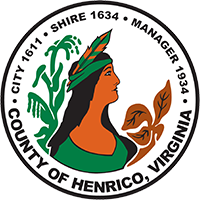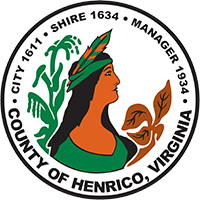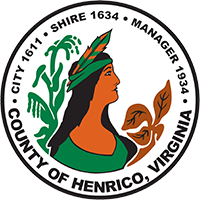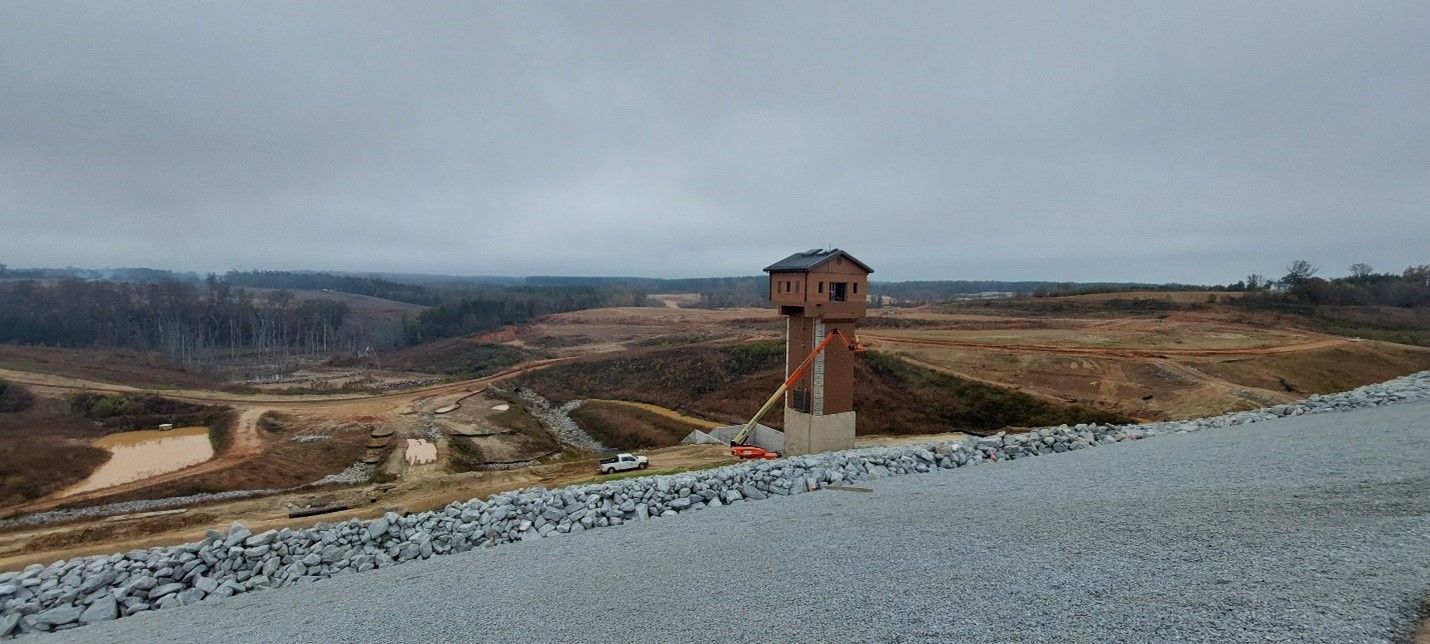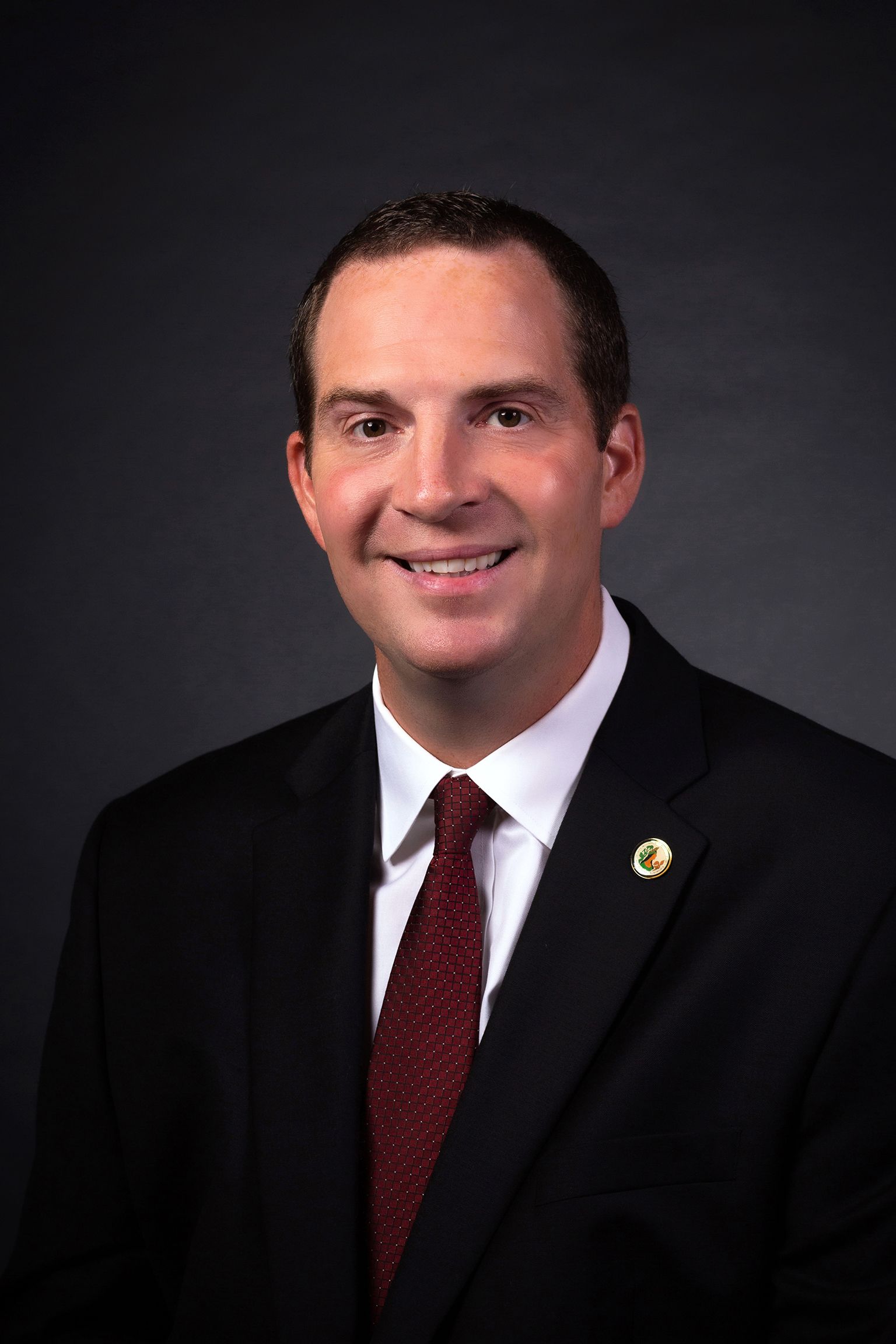Learn about Henrico County, VA including our ESG Program, News & Press Releases, Projects, and Team.
Talk to us
Have questions? Reach out to us directly.
Learn about Henrico County, VA including our ESG Program, News & Press Releases, Projects, and Team.
About Henrico County, VA
- Established
- 1611
- Population as of 6/30/2024
- 347,938
- GO Bonds Outstanding (as of 06/30/2024)
- $603.2 million
Henrico County has helped shape the success of the American Experiment. In 1611, Henrico became the site of England’s second successful settlement in the New World. Named for Henry, Prince of Wales, the oldest son of King James I of England, Henrico’s boundaries included an area from which ten Virginia counties — including Chesterfield County — and three cities — including the City of Richmond – were later formed. In 1634, Henrico became one of the eight original shires, or counties, of the Virginia colony; its boundaries extended on both sides of the James River westward to the Blue Ridge Mountains.
Since that time, Henrico has continued to play a part in America’s story — hosting men who inspired the American Revolution and Declaration of Independence in the 1700s, those who sacrificed their lives during our country’s Civil War in the 1800s, and those who championed Civil Rights movements of the 1900s. Henrico’s history is a fascinating testament to the American Spirit.
Image Gallery


ESG Program
Learn about our environmental, social, and governance program, and how we bring those values to life with green bonds, sustainable projects, and more.
News
Henrico Public Relations, For Immediate Release
Henrico becomes first to earn ‘quadruple AAA’ status for water, sewer bonds
Agencies recently also gave top ratings for Henrico’s general obligation bonds
Henrico County’s AAA ratings for water and sewer revenue bonds – the highest endorsement of its financial management and creditworthiness – have been reaffirmed by independent rating agencies, which now include a fourth company.
As a result, Henrico is the first public utility in the nation to hold “quadruple AAA” status for water and sewer revenue bonds. That means it has received the top ratings from all four of the main municipal rating agencies: S&P Global Ratings, Moody’s Investors Service, Fitch Ratings and Kroll Bond Rating Agency. In August, Henrico became the third county in the nation to receive AAA ratings for general obligation bonds from the four agencies.
“This elite bond-rating status – ‘quadruple AAA’ – underscores Henrico County’s commitment to excellence in fiscal management and leadership in all aspects of governance,” said Board of Supervisors Chair Dan J. Schmitt, of the Brookland District. “These ratings – first with general obligation bonds and now with water and sewer revenue bonds – represent far more than accolades. They translate into lower interest rates and ultimately millions of dollars in savings for our taxpayers as we continue to make strategic investments in facilities and infrastructure that support the county’s high quality of life. These ratings will help us provide tremendous value as we improve and modernize our public utilities system, making it stronger, with enhanced redundancies and resiliency, for all our customers.”
In announcing Henrico’s “quadruple AAA” status for water and sewer revenue bonds, officials noted that AAA status for revenue bonds can be exceptionally difficult to earn because they are backed by a limited funding source, primarily sales of water and sewer service to customers. By comparison, general obligation bonds are supported by a much broader set of funding sources. For Henrico and other localities, that includes real estate and personal property taxes.
Officials also used the news conference at the Water Treatment Facility to provide an overview of its plans to issue $125 million in water and sewer revenue bonds. Among other investments, the bonds will provide initial funding for a $300 million cross-county distribution line that will allow more areas of Henrico to be served by the Water Treatment Facility on Three Chopt Road. Some portions of central and eastern Henrico are currently served exclusively by the city of Richmond’s water treatment plant, under a 1994 water-purchase agreement between the county and city. Those areas were impacted early this year when a power outage knocked the city’s treatment plant offline for several days.
For water and sewer revenue bonds, Henrico became “triple AAA” for water and sewer bonds in 2019, when Moody’s joined the other major rating agencies in assigning an AAA rating to the county. Now, it’s “quadruple AAA,” with newcomer Kroll providing its top assessment of the county’s creditworthiness. S&P Global, Moody’s, Fitch and Kroll have all assigned their ratings of Henrico with a “stable” outlook.
In a summary of its findings, Kroll noted that Henrico’s utilities system continues to see steady growth, with more than 100,000 water customers and nearly that many sewer customers. The customer base also remains diverse, with the 10 largest customers accounting for only 4.1% of total operating revenues.
“The long-term rating reflects the … [system’s] strong financial performance, rate setting autonomy, and provision of highly essential services to a growing service area with favorable demographics,” Kroll said in its rating report. “The service area is characterized by strong per capita income and low unemployment levels relative to the Commonwealth of Virginia.”
Contact: Bentley P. Chan
Director
Henrico County Department of Public Utilities
804-501-4280, bentley.chan@henrico.gov
Exemplary reviews will allow the county to secure favorable interest rates for upcoming bond sale
Henrico’s AAA bond ratings – the strongest possible endorsement of the county’s financial management and creditworthiness – have been reaffirmed ahead of a planned issuance of bonds to support reinvestment in schools and other facilities.
Henrico has long been recognized as “triple AAA,” consistently earning AAA bond ratings from three major rating agencies: S&P Global Ratings, Moody’s Investors Service and Fitch Ratings.
Now, Henrico is also rated AAA by a fourth agency, Kroll Bond Rating Agency. The company is newly recognized by the Federal Reserve to review municipalities for their credit risk. Henrico is one of three counties in the nation to reach the elite status of “quad-AAA” for general-obligation bonds. The others are Harris County, Texas, and Chesterfield County.
“The rigorous, independent assessments that place Henrico in the elite company of ‘quadruple-AAA’ counties underscore our county’s understanding that enduring fiscal excellence takes years to obtain,” said Board of Supervisors Chair Dan J. Schmitt, of the Brookland District. “For decades, Henrico has benefited from outstanding management and fiscal prudence – extending from our elected officials to our executive leadership and frontline staff. Our steadfast commitment to these practices enables Henrico to offer the best services, facilities and quality of life as well as the best value for our residents, businesses and taxpayers.”
Henrico officials announced the county’s “quad-AAA” status today during a news conference at Richmond International Airport. Chesterfield officials joined the celebration to highlight how the two localities’ financial management and stewardship enhances the region for residents and businesses.
Henrico plans to issue $88 million in general-obligation bonds in September to support a package of capital improvement projects. They include new buildings for Quioccasin Middle School, Jackson Davis Elementary School and Longan Elementary School; a renovation of Johnson Elementary School; the new Environmental Education Center Living Building at Wilton Farm; a new Animal Adoption Center; a third phase of improvements to Tuckahoe Creek Park; and drainage improvements countywide. Separately, the Henrico Economic Development Authority plans to issue $42.5 million in revenue bonds to support other capital projects.
In preparation for the sales, county staff recently made presentations to the four rating agencies. Analysts with Kroll visited Henrico and toured various facilities, including the Henrico Sports & Events Center, Fairfield Area Library, Taylor Farm Park and White Oak Technology Park.
S&P Global, Moody’s, Fitch and Kroll assigned their ratings of Henrico with a “stable” outlook.
In a summary of its findings, Kroll noted the strength of Henrico’s financial position and the local economy. It cited the county’s “robust financial policies and procedures that have enabled continued growth in the unassigned fund balance and strong levels of liquidity, while still allowing for taxpayer rebates; a relatively low fixed cost burden; and a diverse economic base with favorable socioeconomic characteristics.”
Henrico has received AAA ratings from S&P Global and Moody’s since 1977. The county became “triple AAA” in 1998, when Fitch joined the other major rating agencies and assigned an AAA rating to Henrico. Now, it’s “quad-AAA” with Kroll providing its assessment of the county’s creditworthiness.
Highlights of FY25-26 plan include real estate, personal property tax-rate cuts, continued investment in schools, safety and $50 million for water resiliency
Update: The Board of Supervisors on April 8 voted unanimously to approve the county’s proposed budget for fiscal year 2025-26.
Henrico’s proposed budget for fiscal year 2025-26 would reduce the tax rates on real estate and personal property, delivering to residents and businesses the county’s most comprehensive, permanent tax relief since 1987.
In addition, the budget would continue to strengthen Henrico’s investments in education and public safety; advance capital projects, including those identified with the voter-approved 2022 bond referendum; and provide an initial allocation of $50 million to make the county’s utilities system stronger and more resilient. The funding is designed to offer flexibility as officials consider options – both independently and regionally – to address challenges with water distribution that arose in early January when a shutdown of the city of Richmond’s water treatment plant caused widespread service outages in eastern Henrico.
“As a county, we’re committed to doing everything we can, as fast as we can, to provide a public water system that meets our community’s needs in the 21st century,” said Board of Supervisors Chair Dan J. Schmitt, of the Brookland District. “By including these funds in our budget and continuing to work with our Public Utilities staff and external consultants, we’ll be ready to take whatever steps are needed to ensure that the service disruptions of early last month never happen again.”
County Manager John A. Vithoulkas and other officials outlined broad themes of the budget at a briefing today – ahead of the plan’s formal presentation to the Board of Supervisors on Tuesday, March 11. Overall, the general fund budget totals $1.35 billion, an increase of 8% over the current year’s plan. Of those additional funds, 82% would support either education or public safety. Among other highlights, the plan would fully fund the request of Henrico County Public Schools and provide a 6% raise for employees of the county’s government and HCPS. It also would include targeted market adjustments for custodians, maintenance staff and instructional assistants.
“The budget we’re proposing for the upcoming year will continue to make Henrico County an outstanding place to live, work, operate a business and visit,” Vithoulkas said. “It will allow us to build on our strengths, particularly in education and public safety, and confront our challenges from pedestrian safety to water while also providing the most comprehensive and permanent tax relief to our residents and businesses since 1987. The proposed tax-rate cuts are accelerated from what we initially thought we might be able to offer and are targeted to benefit our entire community – approximately 115,000 homeowners, 320,000 vehicle owners and 20,000 businesses. We’re able to take these bold steps because of our vibrant economy, high-performing workforce and unwavering commitment to outstanding fiscal stewardship.”
As proposed, the real estate tax rate would be reduced by 2 cents, to 83 cents per $100 of assessed value. The current rate of 85 cents is already the lowest among Virginia’s large localities. Likewise, Henrico’s personal property tax rate would drop to $3.35 for both vehicles and business personal property. Those rates are currently $3.40 and $3.50, respectively.
Overall, the proposed budget would extend an estimated $18.3 million in new tax relief, which includes additional relief for older and/or disabled residents through the Real Estate Advantage Program and Real Estate Cap program. To partially offset those funds, the budget estimates an additional $13.6 million in revenue from a rate increase for a category of personal property tax that applies to data center computers and related equipment. Henrico created the special taxing category at 40 cents in fiscal 2017-18, which helped establish the county as a hub for data centers. Officials expect the industry to continue to flourish given the proximity of the Richmond Network Access Point and because the proposed tax rate of $2.60 would be lower than the state average of $3.09 and at least $1.00 less than the comparable rates of localities in northern Virginia. The adjusted rate for data center equipment would not impact Henrico’s affordable housing initiative because it’s funded through the real estate taxes associated with data centers.
The Board of Supervisors will hold a work session at 3:45 p.m. today to receive an overview of the proposed budget. The board will have four weeks to review the document following its presentation March 11. The board will hold legislative sessions March 17-21 to review each department’s budget in detail. A public hearing will be held at 5 p.m. Tuesday, March 25 in the Board Room at the Henrico County Government Center, 4301 E. Parham Road. Budget adoption is proposed for Tuesday, April 8. Once approved, the document will take effect for the year beginning July 1.
Projects
Team
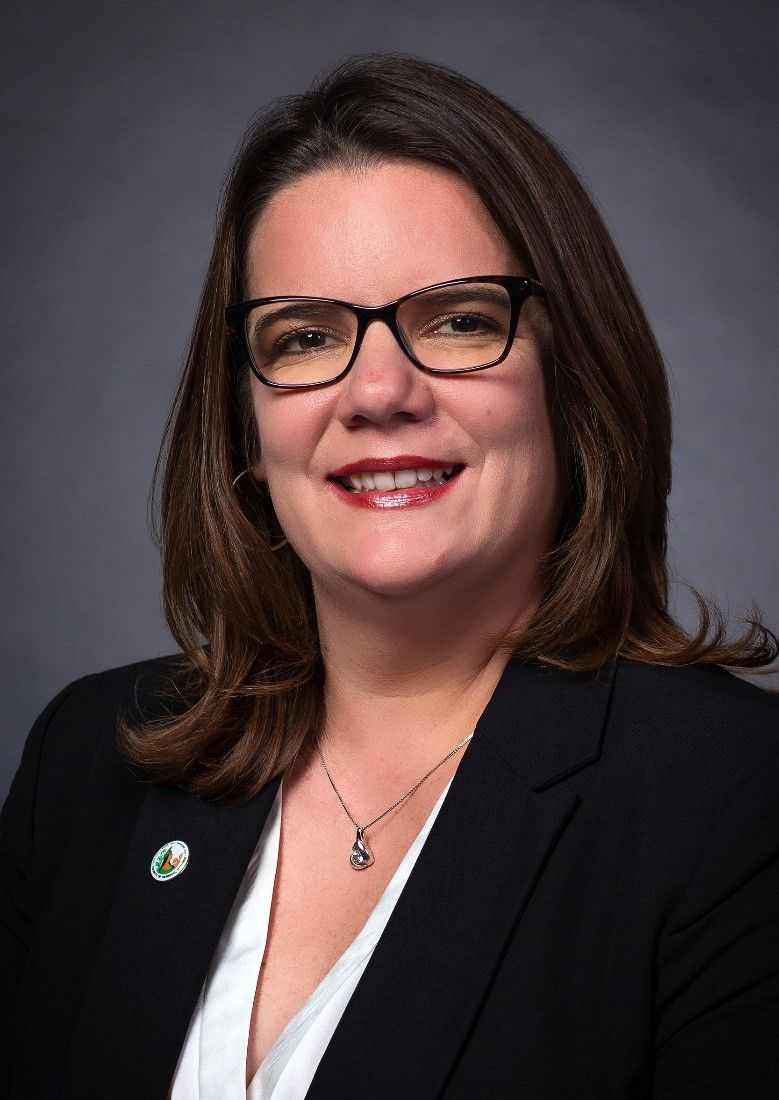
Sheila S. Minor
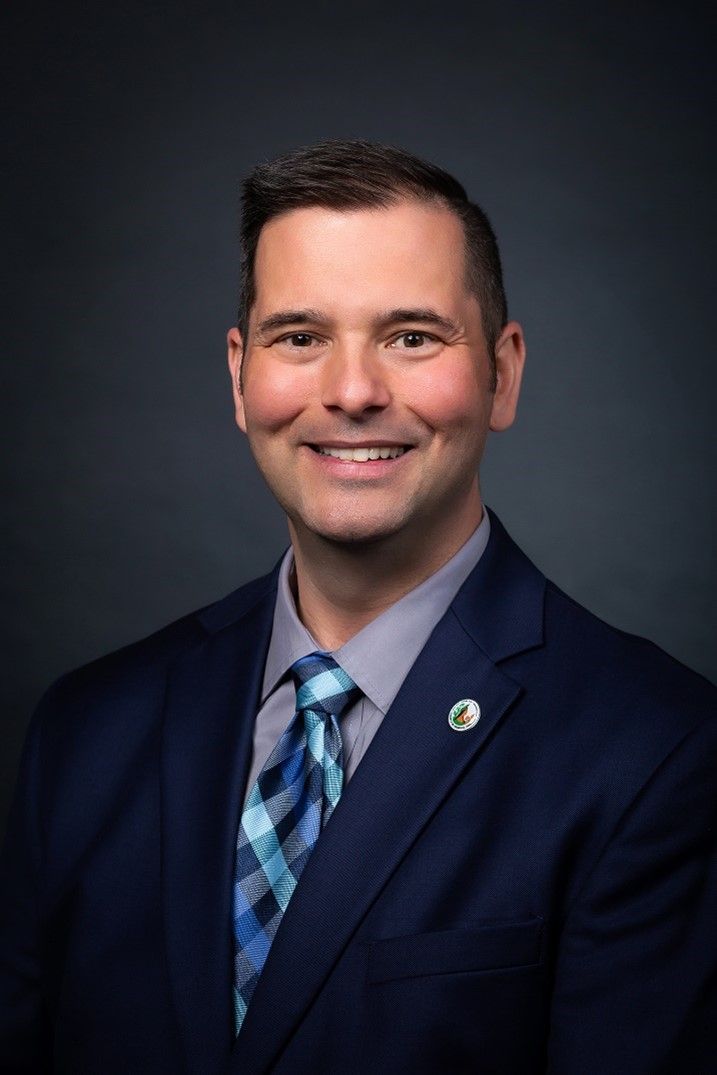
Matt Chafin
Talk to us
Have questions? Reach out to us directly.
